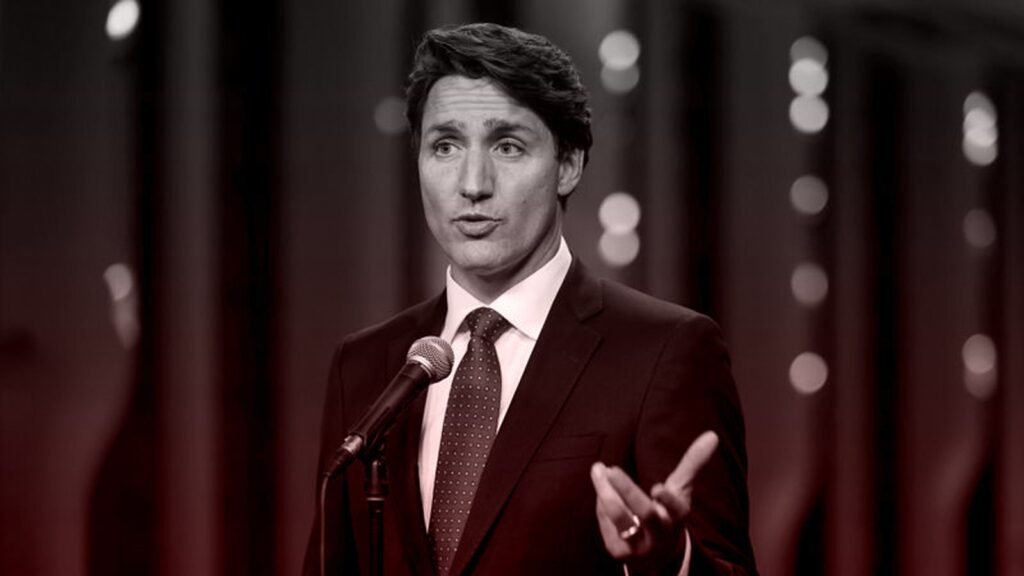Canadian Prime Minister Justin Trudeau has announced his resignation after nearly a decade in office, a move that marks the end of an era for the Liberal Party and Canadian politics. Trudeau, who has led the country since 2015, revealed his decision in a statement emphasizing the need for new leadership to address the evolving challenges Canada faces.
The Announcement and Its Context
Trudeau’s decision comes amidst growing internal divisions within the Liberal Party and declining public approval. The Prime Minister stated that he will remain in office until the party selects a new leader, with a leadership race expected to commence in the coming weeks.
This announcement also coincides with a suspension of Parliament, originally scheduled to resume on January 27. The parliamentary session has been pushed to March 24, allowing the Liberal Party to manage the leadership transition effectively and regroup ahead of the next federal election.
Declining Popularity and Mounting Challenges
Trudeau’s popularity has seen a significant decline over the past year, with many Canadians expressing dissatisfaction over his handling of key issues, including the economy and housing affordability. Recent polls indicate that the Liberal Party could face defeat in the next election against the opposition Conservative Party, led by Pierre Poilievre.
Compounding these challenges was the recent resignation of Finance Minister Chrystia Freeland, who criticized Trudeau’s approach, accusing him of prioritizing political optics over substantive governance. Freeland’s departure underscored growing frustration within the Liberal Party over Trudeau’s leadership style.
Trudeau’s Legacy
Despite the controversies and challenges of recent years, Trudeau leaves behind a significant legacy. His tenure saw Canada take a progressive stance on several global issues, including climate change, gender equality, and indigenous rights. Trudeau also championed immigration and diversity, framing Canada as a beacon of inclusivity on the world stage.
However, his critics argue that his government fell short in addressing domestic concerns, such as rising living costs, healthcare system strains, and public dissatisfaction with infrastructure development.
A New Chapter for Canada
As the Liberal Party prepares for a leadership race, the political landscape in Canada is poised for significant change. Trudeau has called for unity within the party and expressed hope that a new leader can restore public trust and chart a course toward a more prosperous future.
Trudeau’s departure will undoubtedly reshape Canadian politics, leaving the Liberal Party with the challenge of maintaining its relevance while addressing the concerns of a shifting electorate. With a general election looming, the next chapter in Canada’s political history promises to be as transformative as the one that is now concluding.


